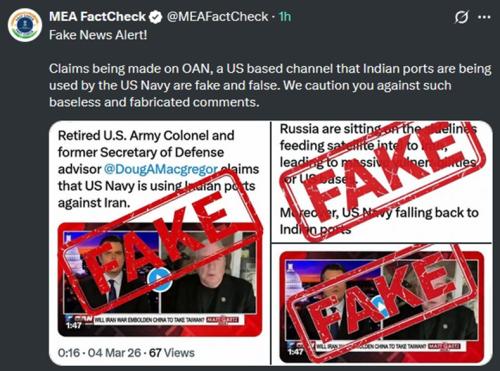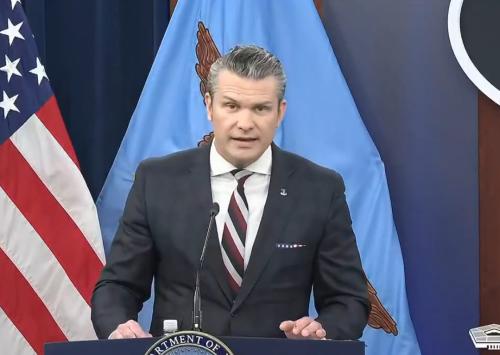By Michael Phulwani, Esq.& Dev B. Viswanath, Esq. Many individuals who are denied immigrant or nonimmigrant visas believe that after they are charged with any ground of inadmissibility or removability, they can never get a visa. This is not true. The fact is that waiver of the ground of inadmissibility may be available for those denied an immigrant visa if the applicant meets various requirements which require a qualifying relative and extreme hardship. Unlike waiver requirements for immigrant visas, waiver of inadmissibility for non-immigrant visas such as visitor, artist, work,or student visas are available to any individual who has substantial equities relating in the U.S. or who have qualifying family members in the U.S. and can show extreme hardship. However, the waiver for a nonimmigrant visa is temporary and only for a specified period of time. The 212(d)(3) waiver overcomes almost every ground of inadmissibility listed in section 212(a). This includes health-related grounds, criminal offenses, prostitution, smuggling, fraud or willful misrepresentation of material fact to gain immigration benefits, false claims to U.S. citizenship to gain benefits under federal, state or immigration law, and unlawful presence in the U.S. In Matter of Hranka, in 1978, the BIA listed three criteria of determining whether to approve or deny a Section 212(d)(3) waiver: (1) The risk of harm to society if the applicant is admitted;(2) The seriousness of the applicant’s prior immigration law, or criminal law, violations, if any; and (3) The reasons for wishing to enter the U.S. The reasons for wishing to enter the U.S. need not be “compelling.” In Hranka the court considered evidence of the applicants rehabilitation for its decision on the case. In addition, according to the Foreign Affairs Manual at 9 FAM Section 40.301 “the law does not require that such waiver action be limited to exceptional humanitarian or national interest cases…consular officers may recommend waivers for any legitimate purpose such as family visits or medical treatments.” Section 212(d)(3) waiver does not bar granting a waiver for those individuals who have been convicted of an aggravated felony. Although it may be difficult to satisfy the Hranka criteria if you have an aggravated felony it is an available option if you don’t have another choice. To obtain a waiver under Section 212(d)(3) is not easy, and while Consular Posts may make recommendations to grant a nonimmigrant visa waiver, the ultimate decision lies with the Admissibility Review Office (ARO) within the Customs & Border Patrol (CBP) branch of the Department of Homeland Security. People who have been charged with inadmissibility and refused non-immigrant visas to the United States, should seek the advice of a qualified attorney to see if they qualify for a 212(d)(3) waiver.












